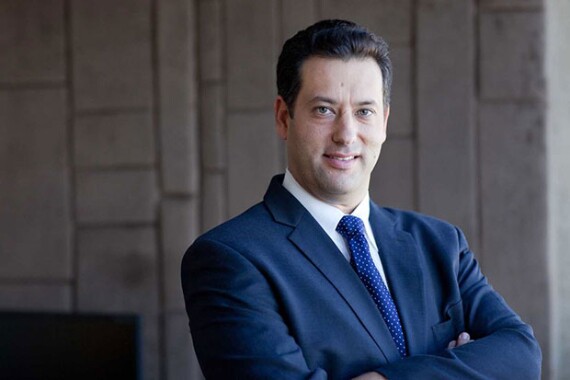

John Stumpf, former Chairman and CEO, Wells Fargo
"While I have been deeply committed and focused on managing the company through this period, I have decided it is best for the company that I step aside," Stumpf, 63, said. How much Stumpf knew about the sham-account openings as they were happening may never be known, but this much is true: His legacy will be forever tarnished by the scheme.

Carrie Tolstedt, Senior Executive VP of Community Banking, Wells Fargo

Marketplace Lenders
As the year rolled on
Members of the old guard such as Goldman Sachs, Wells Fargo and Quicken seized on the opening to

Gottfried Leibbrandt, CEO of Swift

Steven Streit, CEO of Green Dot

Subprime Auto Lenders

Bank Buyers Who Hit Snags
BancorpSouth CEO Dan Rollins has been trying to complete the acquisitions of Ouachita Bancshares in Monroe, La., and Central Community Corp. in Temple, Texas, for nearly three years but has withdrawn the applications twice over compliance issues. The
Canadian Imperial Bank of Commerce CEO Victor Dodig announced the biggest bank deal of 2016 in agreeing to pay $3.8 billion for PrivateBancorp in Chicago, but a surging stock market prompted PrivateBancorp to

Taxi Medallion Lenders

Ashton Ryan, President of First NBC Bank Holding






